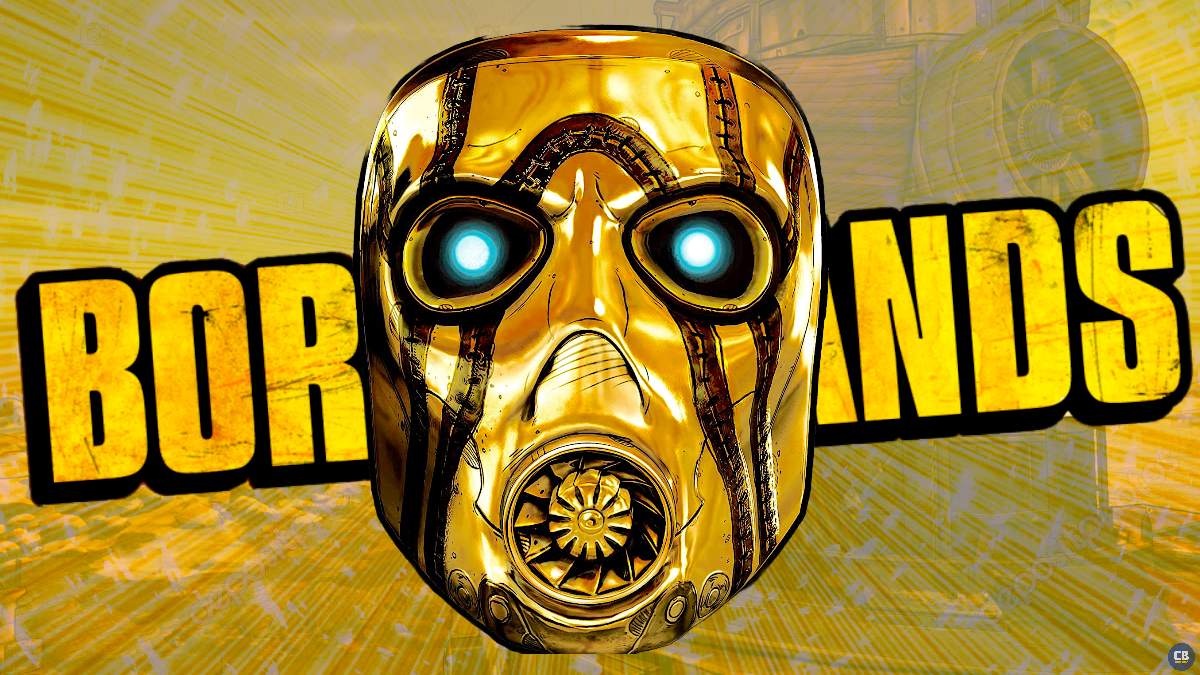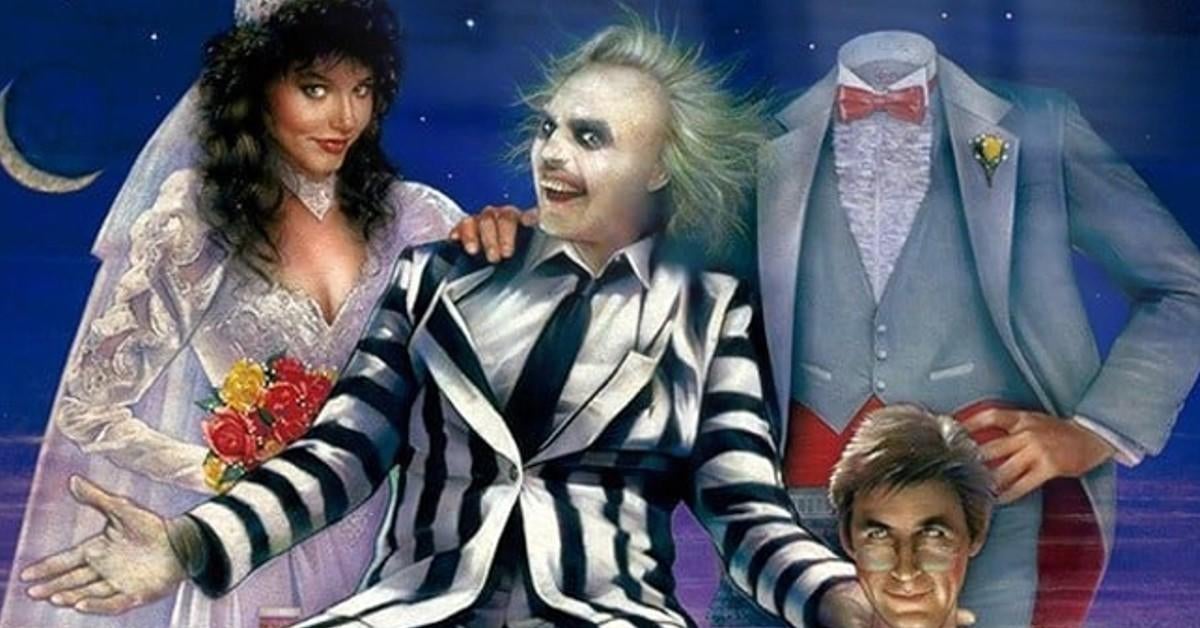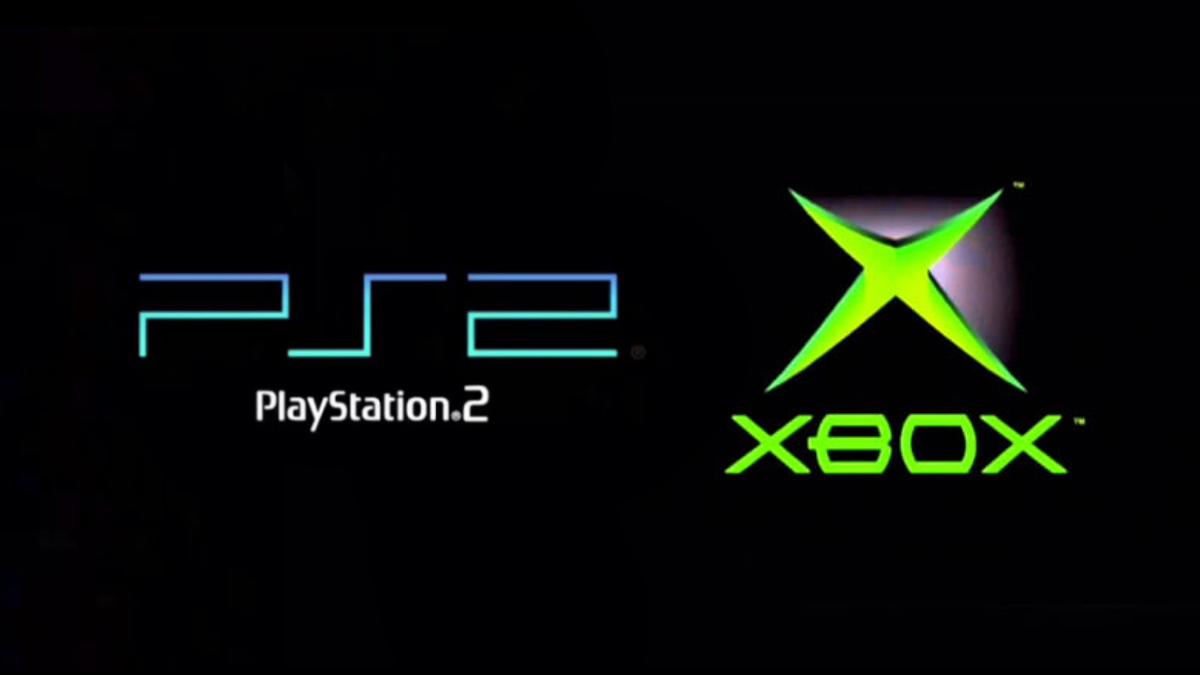SAG-AFTRA Strike, Explained: Which Actors Are Affected?
Hollywood actors went on strike yesterday, bringing most major film and TV productions around the world to a halt. But not everyone is bound by the terms of the strike, with a number of members having exceptions carged out for projects not covered by the 2020 union contract for TV, film, and streaming performers. As part of the strike's announcement yesterday, then, union leadership clarified who could continue their work without being in violation of their deal, including performers for video games, audiobooks, and commercials. There are also a number of Hollywood productions currently in the works outside the U.S. and using actors who are either non-union, or unionized through regional guilds that aren't a part of SAG-AFTRA.
Studios are scrambling to acquire foreign content and pushing out unscripted content using non-union writers and performers who aren't members of the Screen Actors Guild, although some of those -- such as The CW and Roku's upcoming Fight To Survive, which features numerous former reality stars and influencers -- could have trouble, because the union has warned those with ambitions of joining someday against crossing the picket line.
"Due to the broad nature of our membership, the strike does not affect all members of all contract areas," explained Duncan Crabtree-Ireland, SAG-AFTRA National Executive Director and Chief Negotiator. "Just those working under the 2020 TV theatrical contract. Performers working in interactive entertainment, audio books, music, commercials, and other contract areas will not be directly impacted. The strike will begin at midnight tonight."
The Writers Guild has been on strike since early May. During that time, the Director's Guild struck a deal, but the Screen Actor's Guild has struggled to do so, with both the writers and actors citing similar concerns: streaming revenue and artificial intelligence. According to a report that emerged yesterday, part of the studios' offer to actors this week included paying background actors for one day's work, then mapping their faces and bodies digitally and having the rights to reuse them in perpetuity. Both writers and actors have expressed concern over the studios' enthusiasm to cut corners using generative AI. In the case of writers, a worst-case scenario that has been raised numerous times is a studio generating a screenplay using AI, and then paying a writer to "rewrite" or "punch up" that screenplay, fixing the problems that AI-generated content tend to have. Part of the concern is that it would involve almost as much work as writing the whole thing from scratch, but would involve a much lower pay rate and fewer rights when it comes to things like residuals.




